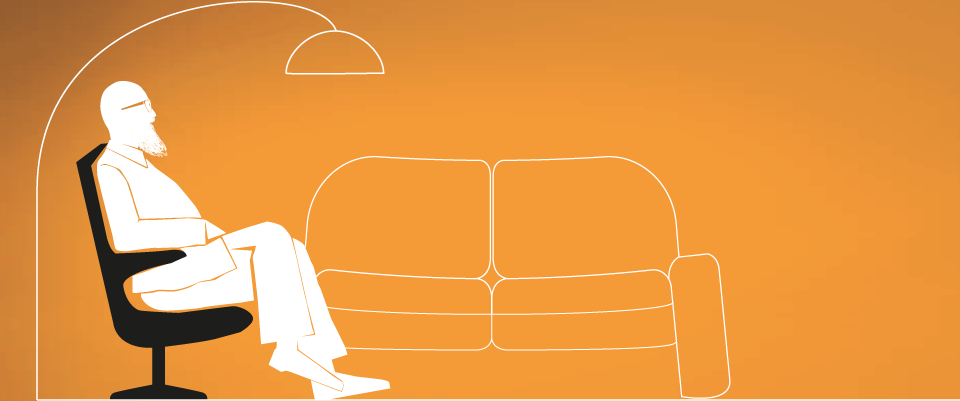Being myself an Adult ThurdCulutre Kid, along with my professional expertise (Counselor-Psychotherapist) and continuous studies and research, I am well equipped to understand and support individuals and families in moving across cultures and countries but also to assist other Adult ThurdCulutre Kids in making sense of their lives and transforming their experiences from an uncut diamond to a high carat jewelry.
Contact me to book a “get to know each other” appointment to discuss any issue that occurred during or after relocation.
Cross Cultural Issues: What can I do about them?
Sometimes expat families come and go so frequently that children struggle to develop long-term friendships. Parents may also find it tough adjusting to new environment.
It depends on the individual child how the move affects them. Some children have stress and trouble from the beginning, while others seem to take the change in their stride. Other times, the beginning can be exciting and then the reality sets in six months after the move as they begin to feel homesick.
Teens tend to find it either very easy or very hard; again, it depends on what they were facing in their home country or previous country of residence; for some it’s great to have a new start; others miss the life that they have left behind.
Moving to a new community may be one of the most stress-producing experiences a family faces. Frequent moves or even a single move can be hard on children, adolescents couples and adults. Studies show children who move frequently are more likely to have problems at school. Moves are even more difficult if accompanied by other significant changes in the child's life, such as a death, divorce, loss of family income, or a need to change schools.
Moves interrupt friendships. To a new child at school, it may at first seem that everyone else has a best friend or is securely involved with a group of peers. The child must get used to a different schedule and curriculum, and may be ahead in certain subjects and behind in others. This situation may make the child stressed, anxious or bored.
Children in kindergarten or first grade may be particularly vulnerable to a family move because developmentally they are just in the process of separating from their parents and adjusting to new authority figures and social relationships. The relocation can interfere with that normal process of separation by causing them to return to a more dependent relationship with their parents.
In general, the older the child, the more difficulty he or she will have with the move because of the increasing importance of the peer group. Pre-teens and teenagers may repeatedly protest the move, or ask to stay in their hometown with a friend's family. Some youngsters may not talk about their distress, so parents should be aware of the warning signs of depression, including changes in appetite, social withdrawal, a drop in grades, irritability, sleep disturbances or other dramatic changes in behavior or mood.
Children who seem depressed by a move may be reacting more to the stress they are experiencing than to the relocation. Sometimes one parent may be against the move, and children will sense and react to this parental discord.
If the child shows persistent signs of depression or distress, parents can ask their family doctor, their pediatrician, or the local medical society to refer them to a child and adolescent psychiatrist. The child and adolescent psychiatrist can evaluate and treat the child's emotional problems which may be associated with stress and also help parents make the transition and new experience easier for the whole family.
Of course the cross cultural issues is not something that happens only during childhood and then disappears. Many issues remain and trouble the individual even when the childhood era is (far) behind him/her and they should be addressed in order to make life more meaningful and beautiful.
Being myself an Adult ThurdCulutre Kid, along with my professional training and research, I am well equipped to understand and support individuals and families in moving across cultures and countries but also assisting other Adult ThurdCulutre Kids in making sense of their lives and transforming their experiences from an uncut diamond to a high carat jewelry.






